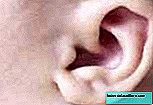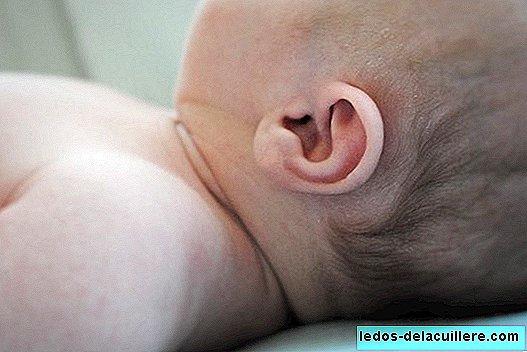
After knowing serious cases, some of them fatal, associated with the administration of codeine in children for the symptomatic treatment of pain, restrictions have been recommended, among which the indication for the treatment of moderate acute pain only in over 12 years. And provided that the use of ibuprofen or paracetamol has not been considered as the sole analgesic.
Codeine is an opioid that, among other indications, is authorized as an analgesic, either as a monopharmaceutical or in combination with other active substances (for example paracetamol, ibuprofen or acetylsalicylic acid).
The Committee for the Evaluation of Risks in Pharmacovigilance (PRAC) of the European Medicines Agency (EMA) has reviewed the benefit-risk balance of drugs containing codeine indicated for the treatment of pain in the pediatric population
This review has been carried out after having known several cases of children who died or suffered severe symptoms of morphine poisoning, after being administered codeine as an analgesic after a tonsillectomy or adenoidectomy intervention, on the occasion of suffering from obstructive sleep apnea syndrome. All children who died turned out to be ultra-fast or extensive codeine metabolizers.
After the review, it has been concluded that children under 12 years of age have a higher risk of adverse reactions after the administration of codeine, and that these reactions can be very serious in some cases.
The percentage of children who are extensive or ultra-rapid metabolizers varies depending on their ethnicity and there is no test available in clinical practice to determine the degree of enzyme activity. Likewise, the analysis of the data has shown that The effectiveness of this medicine for the treatment of pain in pediatric population is limited and it is not significantly superior to that of other non-opioid analgesics.
Contraindications of codeine
Patients under 18 who will be intervened of tonsillectomy / adenoidectomy due to obstructive sleep apnea syndrome, due to the increased risk of serious adverse reactions.
Those patients known to be ultra-fast metabolizers, because they present an extremely high risk of morphine poisoning.
Women during breastfeeding, due to the risk that the child would have to suffer serious adverse reactions in case the mother was an ultrafast metabolizer.
Codeine should be used in children over 12 years at the lowest effective dose and for the shortest possible time. Patients or their caregivers should be informed to consult their doctor if symptomatic pain relief has not been achieved within three days.
The use of codeine is not recommended in children in whom there may be a compromise of breathing such as neuromuscular disorders, severe respiratory or cardiac pathology, pulmonary or upper airway infections, multiple trauma or those children who have undergone to extensive surgical procedures.
Codeine is indicated only for the treatment of moderate acute pain in children over 12 years of age for whom the use of ibuprofen or paracetamol as the sole analgesic is not considered adequate.
The use of codeine it is contraindicated after tonsillectomy or adenoidectomy in children under 18 who suffer from obstructive sleep apnea. It should be used with caution in people over 12 years of age who present a compromise of respiratory function or who have undergone extensive surgeries.
In regards to use of codeine as an antitussive in children, we will proceed to review the available data and if they have an impact on their benefit-risk ratio. While this does not end, it is recommended to apply the restrictions indicated above.












